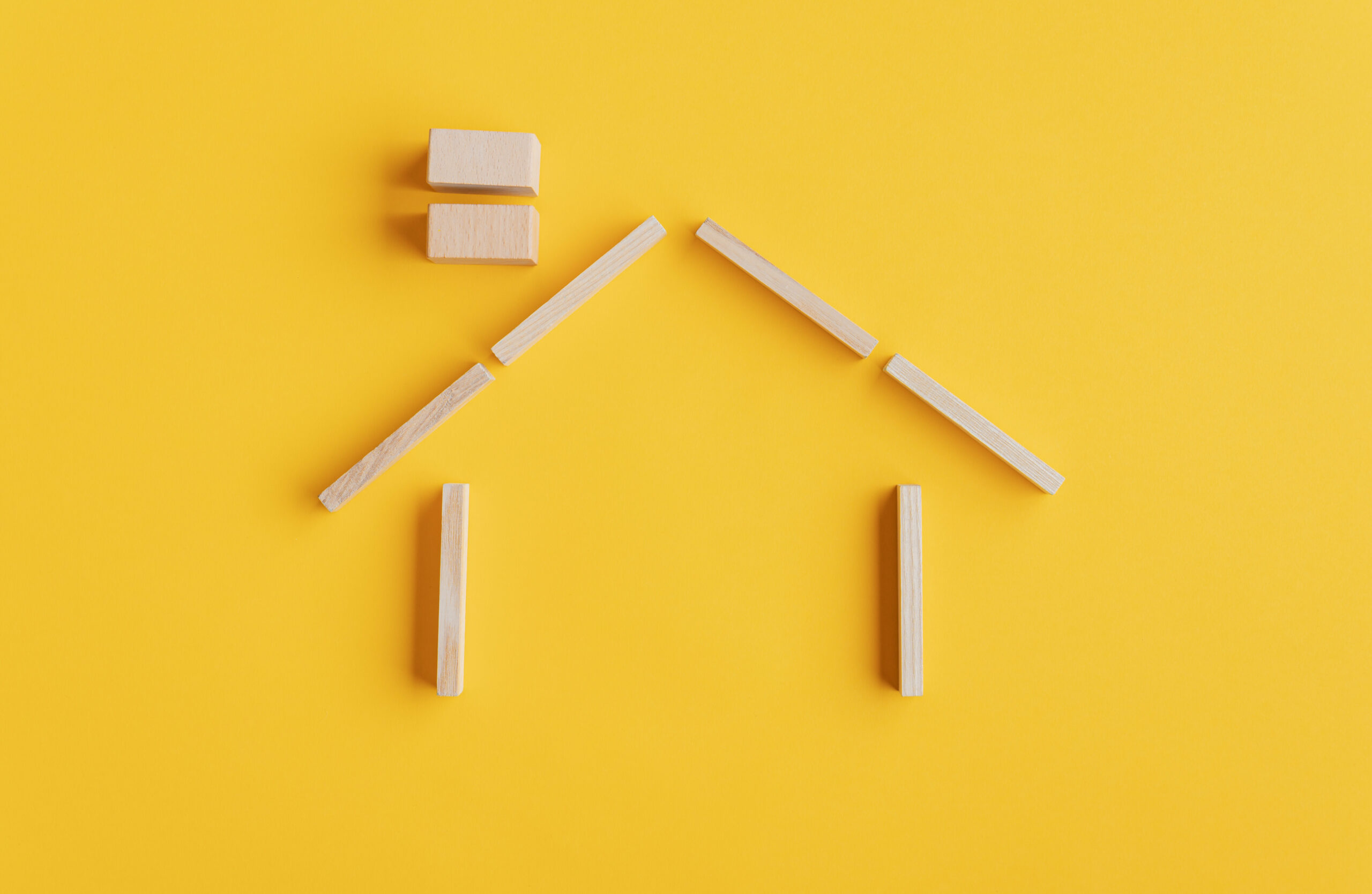With the UK housing supply still lagging behind demand and a plethora of inspiration on TV and social media, you may be inspired to build your own home. This could either be a brand new build or an extension or refurbishment of an existing property.
Before you start to focus on the exciting aspects of designing your dream home, it is useful to spend a few moments understanding the potential tax issues that can arise when building or renovating your own home in the UK.
There are several tax considerations to keep in mind, particularly regarding Value Added Tax (VAT) and Capital Gains Tax (CGT).
VAT aspects
If you are renovating or extending an existing residential property, you will typically be charged the standard rate of VAT of 20% and you won’t be able to recover this.
However, the construction of a new residential property is generally zero-rated for VAT purposes, meaning you won’t have to pay VAT on the construction services for the build and can claim back any VAT paid on the materials.
To claim back the VAT paid, you must apply for a refund under the ‘DIY housebuilders’ scheme. The deadline to apply is either 3 or 6 months after completing the build, depending on when it was finished. It’s important to note that you can only make one claim for a VAT refund under this scheme.
If you’re converting an existing commercial property into a home, you can also reclaim the VAT paid on eligible construction costs.
A reduced rate of 5% VAT can also apply to construction services provided on certain residential property projects, such as renovating a property that has been empty for over 2 years or carrying out a renovation project that changes the number of dwellings—e.g., knocking two properties into one.
Capital Gains Tax on self-build homes
If you self-build your own home and live in it after completion, there should be no Capital Gains Tax (CGT) liability when you eventually sell or dispose of it. This is because your self-build home qualifies as your ‘principal private residence’, which is exempt from CGT as long as it has been your main residence and used solely as your home.
Additionally, if you own an existing property and build a new home in the garden, moving from one to the other, CGT will generally not be chargeable on either property.
However, if you repeatedly self-build homes with the intention of selling them for profit, HMRC may view this as a business activity, and the gains could be subject to Income Tax rather than CGT.
If you buy a residential property which you demolish in order to build your new home, in some circumstances it is possible to claim a capital loss on the demolished property which could be used to reduce tax on other capital gains that you may have in the future. Any future gain on the new build property will be exempt from tax as long as you live in it as your main home.
When carrying out any property project we would always recommend that you seek tax advice before you start the project. Taking advice at the right time will ensure you understand what opportunities there are to save tax, avoid potential issues, and ensure compliance with relevant regulations.
To find out more or discuss your individual tax needs, please contact a member of the Tax team on 0333 123 7171.
This material is for informational purposes only and should not be relied upon as professional advice.



